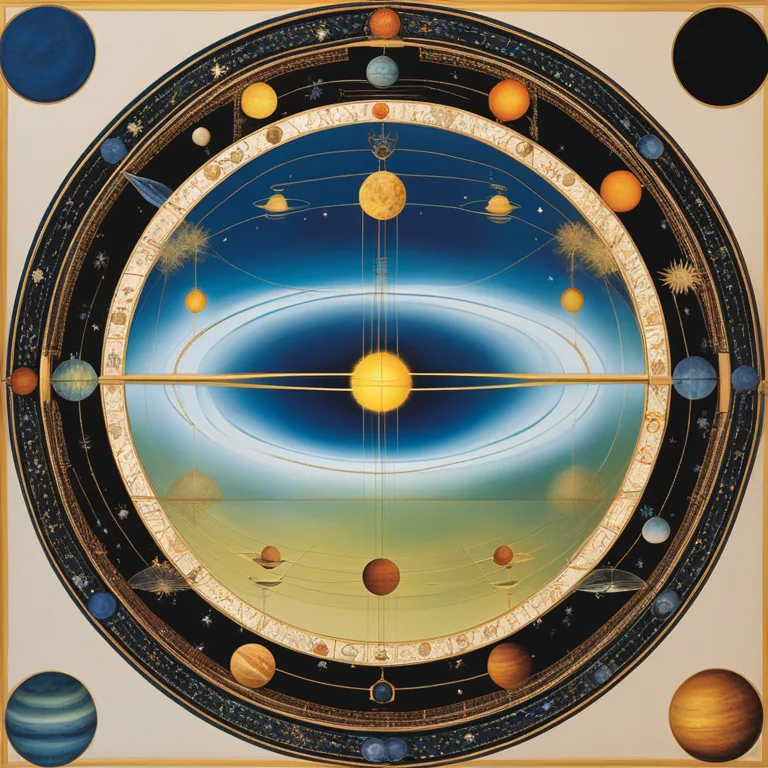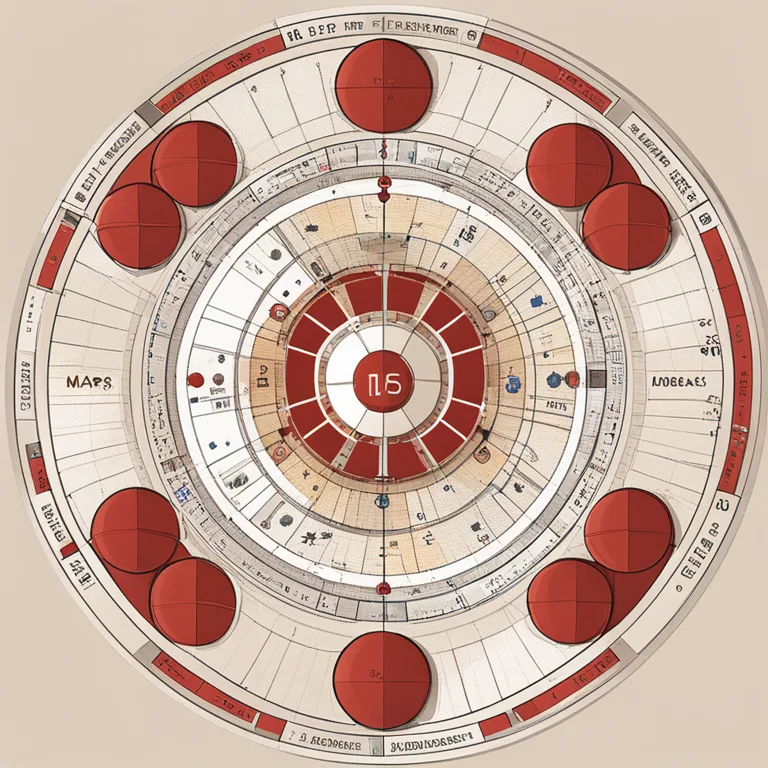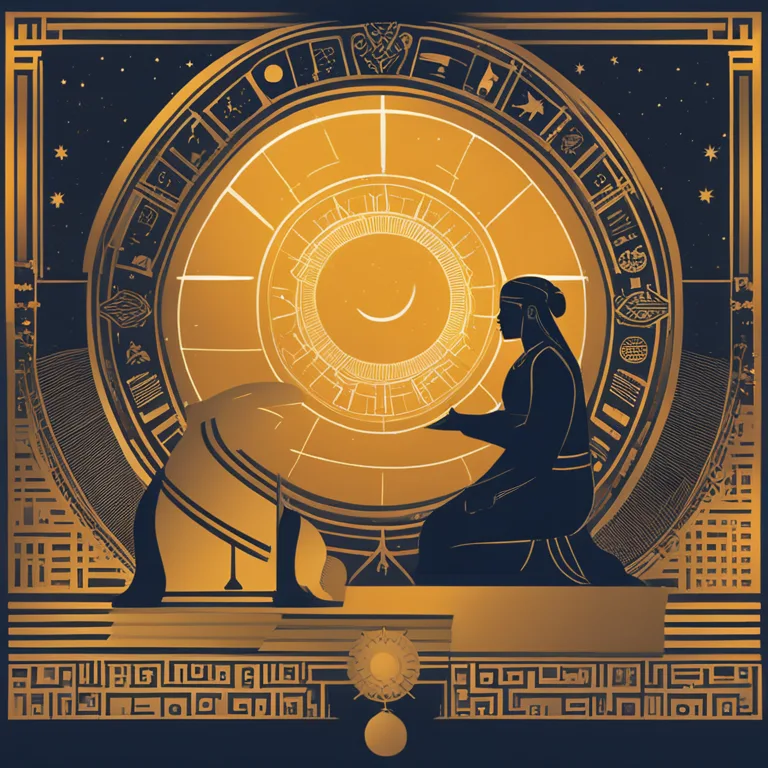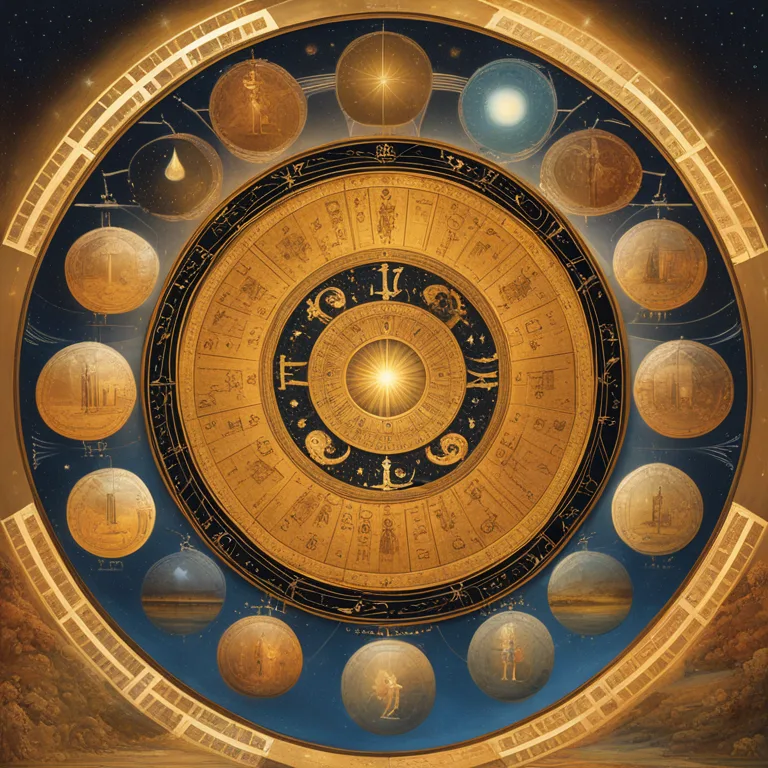
The Reality Behind Astrology: A Rational Look
Discover why astrology maintains its relevance and how it connects us to the cosmos in this insightful article. Grasp the reality behind astrological practices.
article by Priya Deshmukh
The Historical Validity of Astrology
Astrology has been a part of human culture for thousands of years. Civilizations across time, from the ancient Babylonians to the Greeks and Egyptians, have looked up to the stars for guidance. This ancient discipline predicates its beliefs on the idea that celestial bodies can impart knowledge about human affairs and natural phenomena. Despite being an old practice, its longevity testifies to its enduring presence in human culture, suggesting that there is something inherently captivating and meaningful in the art of astrology that continues to hold sway over the minds of people even in the modern age.

Astrology and Personality Assessment
Astrology offers a unique framework for understanding personality traits. The positioning of the planets at the moment of birth is said to shape an individual's character and destiny. Skeptics may dismiss this as coincidence, but many find uncanny accuracy in their astrological profiles. As we move into 2024, astrologers continue to draw from the celestial narrative to provide insightful perspectives on personal growth and potential, creating a personalized experience that often resonates with the individual’s own perceptions of self and life path.

The Synchronicity Principle
Swiss psychologist Carl Jung introduced the concept of synchronicity, which is the occurrence of two or more events that appear significantly related but do not have a discernible causal connection. Astrology, in many ways, mirrors this concept by linking the position and movement of celestial bodies with events on Earth. This principle imparts a sense of order and connectedness to the cosmos, reinforcing the idea that the universe operates on patterns that astrology seeks to interpret.

Scientific Research and Astrology
While astrology doesn't conform to conventional scientific methods, its principles have been subjected to statistical analysis in some instances. One example is the Mars effect, a study that suggested a correlation between the planet Mars' position and the birth of athletes. Although controversial and widely debated, such studies hint at the possibility that celestial influences might indeed have tangible effects. Moreover, the integration of computer technologies in 2024 and beyond has refined astrological predictions, providing a more systematic approach to an ancient study.

Astrology as a Psychological Tool
Astrology transcends the mere prediction of events; it serves as a profound psychological tool. It provides a mirror for self-reflection, allowing individuals to contemplate their strengths, weaknesses, and the potential path their life might take. The psychological richness of astrology often facilitates conversations about personal issues that might not surface otherwise. In this therapeutic context, whether or not astrology is 'real' becomes secondary to its utility as a means of understanding and coping with the challenges of being.
Cultural Resurgence and Public Appeal
In recent years, especially as we've transitioned into 2024, astrology has seen a cultural resurgence. With the proliferation of social media and smartphone apps, access to astrological readings and personalized horoscopes has never been easier. This renaissance reflects a public appeal that can't be ignored, as astrology provides solace and a sense of community in an increasingly complex world. The genuine public interest and engagement with astrology underscore its resonance with contemporary society's collective unconsciousness.
Published: 12/29/2023
Modified: 12/29/2023
More predictions
Come back here soon to learn more about yourself and your future


The Influence of Birth Date on Your Astrological Profile
Discover how your birth date shapes your astrological sign, personality traits, and cosmic destiny in the astrological realm.


Predicting Pregnancy Timings with Astrology
Discover how astrology potentially offers insights into the best times for conceiving and pregnancy-related predictions in this intriguing article.


Moon and Rising: Astrological Identity Revealed
Learn the impact of your Moon and Rising signs in astrology on personal traits, emotional responses, and life’s journey.